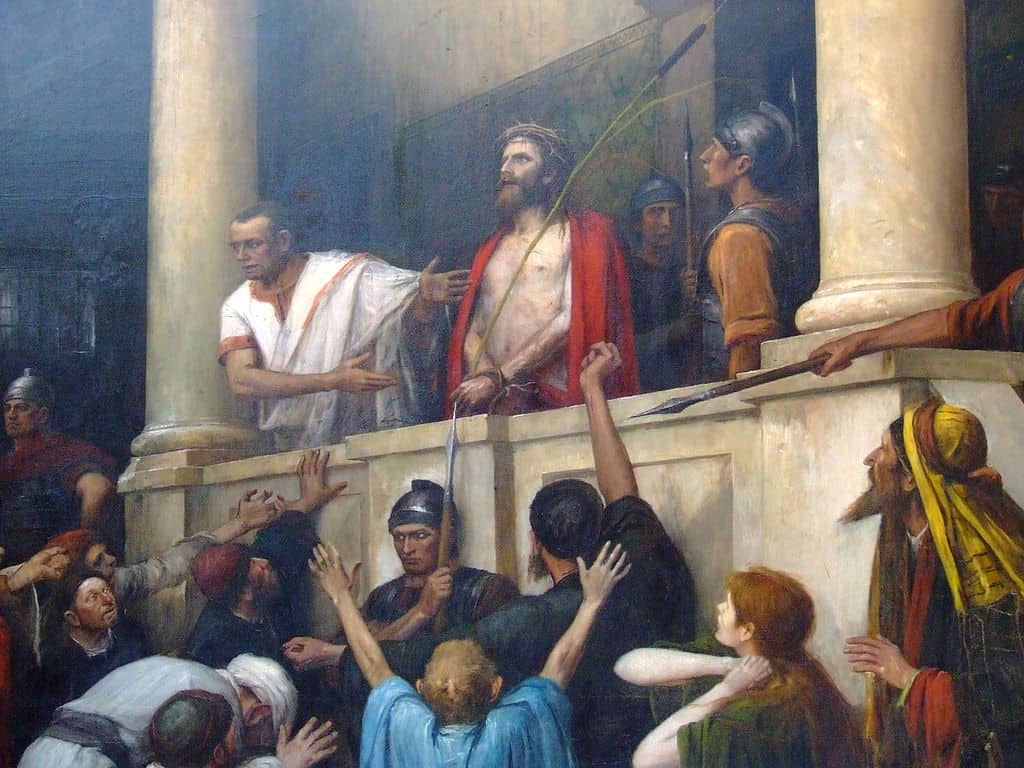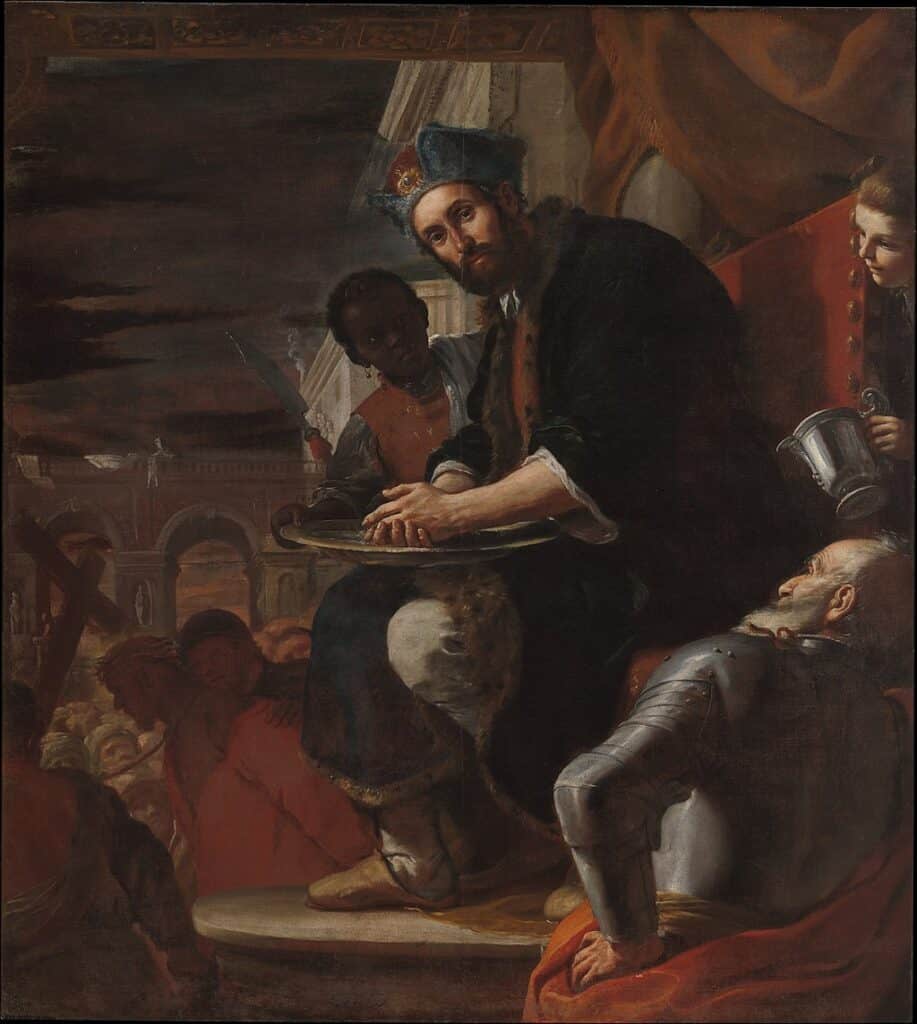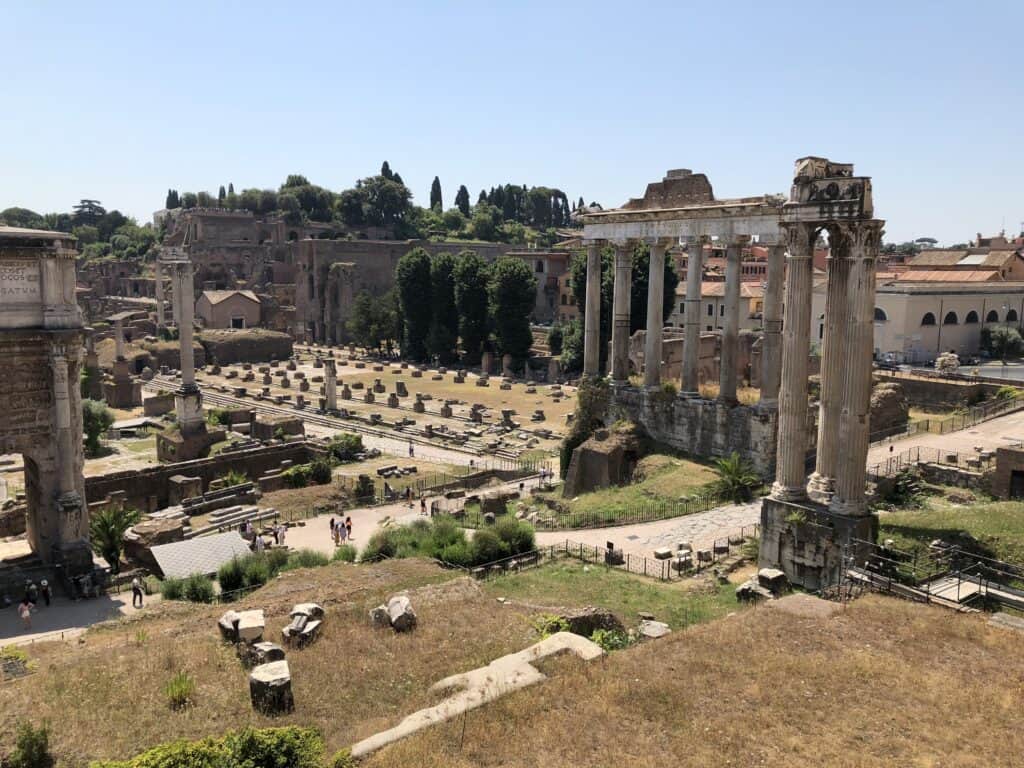Pontius Pilate: The Life and Legacy of the Historic Roman Fifth Prefect

Introduction
Pontius Pilate, a name etched into history, holds a pivotal role in the narrative of Jesus Christ and the events leading to his crucifixion. Serving as the fifth Prefect of the Roman province of Judaea, Pilate’s life is shrouded in controversy and intrigue. Let’s delve into the life and legacy of this enigmatic figure who played a crucial part in shaping the course of history.
Early Life of Pontius Pilate
Born around 26-36 CE, Pontius Pilate’s exact birthdate remains elusive. Little is known about his early years, but historical records suggest he hailed from a noble Roman family, possibly of equestrian rank. His upbringing likely included a comprehensive education in Roman politics and administration, preparing him for a life in public service.
Pilate's Political Career
Pilate’s ascent in the Roman political hierarchy led him to the position of Prefect of Judaea in 26-27 CE, a role he held until 36 CE. His responsibilities included maintaining order in the volatile region, collecting taxes, and ensuring Roman interests were protected. Pilate’s tenure was marked by a complex political landscape, as he navigated the challenges posed by the diverse and religiously sensitive population.
The Trial of Jesus
Pilate’s name is forever linked to the trial and crucifixion of Jesus Christ. In the Gospel accounts, Pilate is portrayed as a hesitant and conflicted ruler who, despite finding no fault in Jesus, succumbed to political pressure and sentenced him to death. The famous phrase “What is truth?” attributed to Pilate encapsulates the moral dilemma he faced during this critical moment.

Governance Challenges
Pilate’s rule was not without controversy. Historical accounts depict him as a firm, and at times ruthless, leader who faced challenges in maintaining order. Incidents such as the use of temple funds for the construction of an aqueduct and the introduction of Roman standards into Jerusalem stirred unrest among the Jewish population, leading to protests and clashes.
Later Years and Fate
Pilate’s later years are veiled in uncertainty. Some accounts suggest that he faced recall to Rome, possibly related to his handling of a Samaritan uprising. However, historical clarity is lacking, and the ultimate fate of Pontius Pilate remains a historical enigma. Some sources suggest that he may have been exiled or even faced execution, but conclusive evidence is elusive.
Pilate's Legacy and Impact
Pontius Pilate’s legacy lies in his role as a symbol of moral ambivalence and the complexities of political power. His name is forever associated with the crucifixion of Jesus, and his actions continue to be dissected in religious, historical, and philosophical discourse.
In conclusion, Pontius Pilate’s life remains a tapestry of contradictions, as a Roman official caught between political expediency and moral dilemmas. His decisions, particularly the trial of Jesus, have left an indelible mark on the pages of history, ensuring that Pontius Pilate remains a figure of enduring fascination and debate.

Death of Pontius Pilate
The historical records regarding the death of Pontius Pilate are somewhat unclear, and there are various theories about his fate. The most widely accepted account comes from the works of the first-century Jewish historian Flavius Josephus.
According to Josephus, Pontius Pilate faced challenges during his rule in Judaea, which eventually led to his recall to Rome. While it’s unclear whether he faced punishment or exile, there is no definitive historical evidence about Pilate’s manner of death.
One tradition, dating back to the fourth century, suggests that Pilate faced exile and later committed suicide. The apocryphal Gospel of Nicodemus, a non-canonical Christian text, also mentions Pilate’s suicide. However, these accounts are not considered reliable historical sources.
In the absence of concrete evidence, the exact circumstances of Pontius Pilate’s death remain a historical mystery. The lack of detailed records leaves room for speculation and has contributed to the enduring intrigue surrounding the fate of this figure from ancient history.

Charles Rogers is a resident of South Carolina and a retired computer programmer by trade. Raised in various Christian denominations, he always believed in Jesus Christ. In 2012, he began experiencing authentic spiritual encounters with the Blessed Virgin Mary, which led him on a seven-year journey at her hand, that included alcohol addiction, a widow maker heart attack and death and conversion to the Catholic Faith. He is the exclusive author and owner of Two Percent Survival, a website dedicated to and created in honor of the Holy Mother. Feel free to email Charles at twopercentsurvival@gmail.com.

We strive to provide the most complete and highest quality material we can for you, our readers. Although not perfect,
it is our desire and prayer that you benefit from our efforts.

